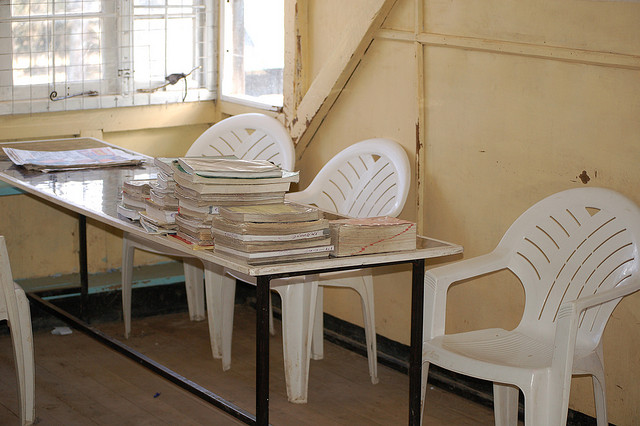If a man assaults a woman’s body, where does she seek redress? Where does she find justice?
If she stands in a public space and proclaims her grievance—or if her sister proclaims it for her—she will be told that she is in the wrong place. The public is the wrong place for such statements. She should go to a different place, the courts: There she will find justice. She should trust justice.
If she goes to the courts, if she proclaims her grievance there, and demands justice, they will tell her to stop talking. We will handle this, they will say, soaking up her words with the alacrity of a paper towel blotting up a spilled drink. Give us your statement; release it to us. We will hear you--after all, we are justice--but after that, let no one hear you again. Oh, do you have witnesses? Will others support you? Give us their words as well. We need them all, all their words. Give us all of their words, every last one. Then, wait, and say nothing. Don’t call us. We will call you.
Sometimes they throw away the paper towel immediately. Sometimes they wait a while.
If a woman assaults a man’s good name in public, where does he seek redress? Where does he find justice?
If he stands in a public space and proclaims his grievance, he will be heard. He will. As he declares himself murdered--even "raped"--he will become the victim of his story, the target of a vindictive vendetta, with "no chance at all to defend himself from the virtual mob." This defense will find desiring ears: men will sympathize with him, and narrow their eyes, muttering darkly about rights, due process, objective evidence, and reasonable doubt. These feminists, they will say, they have an agenda. First they came for you, but by God we will speak up. Such lynchings cannot be allowed to stand. This mob justice. A man’s good name is his home; if it is taken from him, he is homeless! A man’s good name is his castle. He has a right to privacy. Whose business is it what he does in the privacy of his body?
If he goes to court to clear his name, he will be presumed innocent, her story reasonably doubted. If it can be proved that it cannot be proved that he is guilty, then she can be proved guilty of assaulting his name. And if this can be proved—if it can be proved that it has not been proved that he is guilty—then she is guilty of assaulting his name. Without proof, what right had she to say anything? She should have kept silent. She will learn. And so will her sisters.
